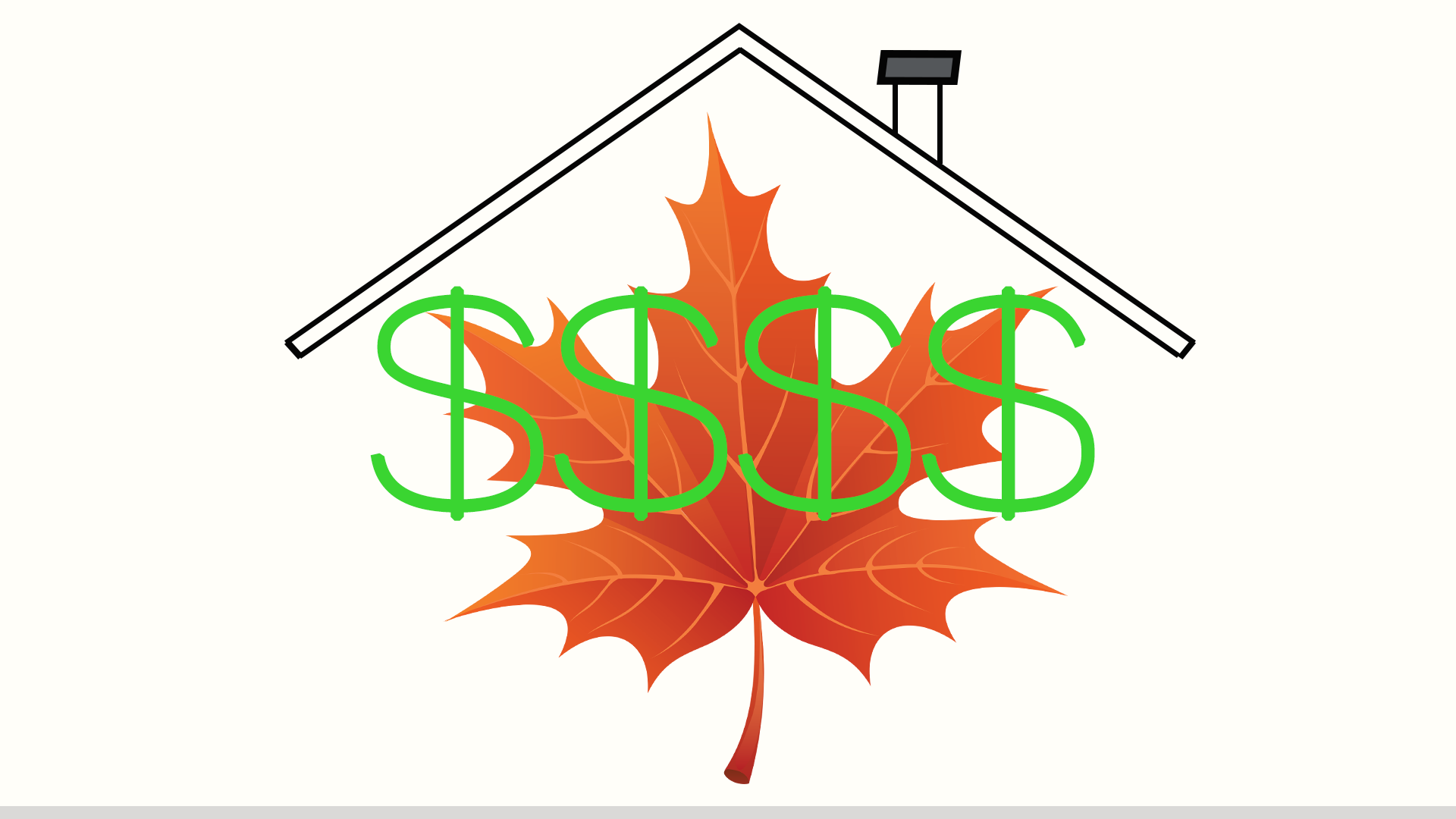
Over the last year there have been some changes in real estate financing. First it was the introduction of the qualifying rate for insured mortgages. Yes back in the Fall of 2016 they introduced a rule where someone looking to buy a house or any type of real estate with a downpayment less than 20% would need to qualify for a mortgage with a rate considerably higher than their rate given to them by their lender. At that time the mortgage rates were still quite low in the 2.6% range, but the rate the real estate buyer would need to qualify at was 4.84%. This alone changed the amount a buyer would be allowed to borrow, which in turn changed the purchase price amount they could afford for a house or property. As 2017 went on the bank of Canada increased it’s rate 3 times, and of course this trickled down to the banks and other lenders, changing what interests rates they could offer to their clients. We now have mortgage rates in the 3-4% range, whereas in 2016 it was fairly common to get a rate in the mid 2% range.
Another big change that happened quite recently was the introduction of qualifying uninsured mortgages. That’s right, even those who could afford to put a downpayment of 20% or higher on their real estate purchase now had to qualify for their mortgage at 4.84%. It doesn’t matter how much was being put down, it could be 50% and the buyer would still need to qualify for their mortgage at 4.84%. For those buyers with infinite amounts of money who could offset the decreased amount they can borrow by placing more of a downpayment on the property, well they aren’t affected of course. Most people looking to buy a house or property of some sort don’t have such luxuries and their purchasing power is diminished. For example a buyer looking for a house in Ottawa where the average purchase price is approximately $425,000 will have to qualify for a mortgage where their mortgage payment per month is $2433 even though their actual monthly payment will only be approximately $2000 / month. That extra $400 or so really affects the buyer’s purchasing power. If $2000 / month is near the cap of what they can afford, they are now only able to purchase a house for approximately $360,000. In Ottawa that means not being able to afford a certain area, or a detached house, or not being able to have a garage etc… This definitely changes things for the average buyer.
With all that being said the changes aren’t over. As of January 2018 there will be a new restrictions put in place where the qualifying amount will increase again. The new regulation will force a buyer to qualify at the higher of the current qualifying rate ( 4.84% ) and your banks rate plus 200 points. What this means is if your bank or lender has approved a rate of 3.4%, your qualifying rate will now be 5.4% in order to find out how much your able to borrow. It is also expected that the Bank of Canada won’t be stopping their rate increases any time soon. They have made it quite clear that they will be increasing the rate more in the new year. For the average real estate buyer the thoughts that probably pop up are: should I be buying or should I stick to renting, or should I stay put or sell and buy the bigger house etc…. There are always arguments for an against renting, and I guess I’d have to say that from my perspective as a professional and someone who has owned real estate for 10-15 years now it is always a good idea to own property. At this point in our economy you may not be able to afford as much, but it is better in my opinion to be paying your mortgage and not someone else’s.
It’ll be interesting to see how the changes affect people’s perspective on buying a house. For those that see the value in owning real estate and are looking to make a purchase in the coming months, my recommendation to you is to talk to a mortgage broker about getting pre-approved for a mortgage now before the regulation changes in January 2018 kick in. A mortgage broker will be able to secure your pre-approval for up to 120 days, and if you do it now it will be according to the current less stringent regulations. I hope this has helped some of you and good luck. When you are ready to buy talk to a Realtor, they will help you find the value in the market, make sure your informed and protect you interests.